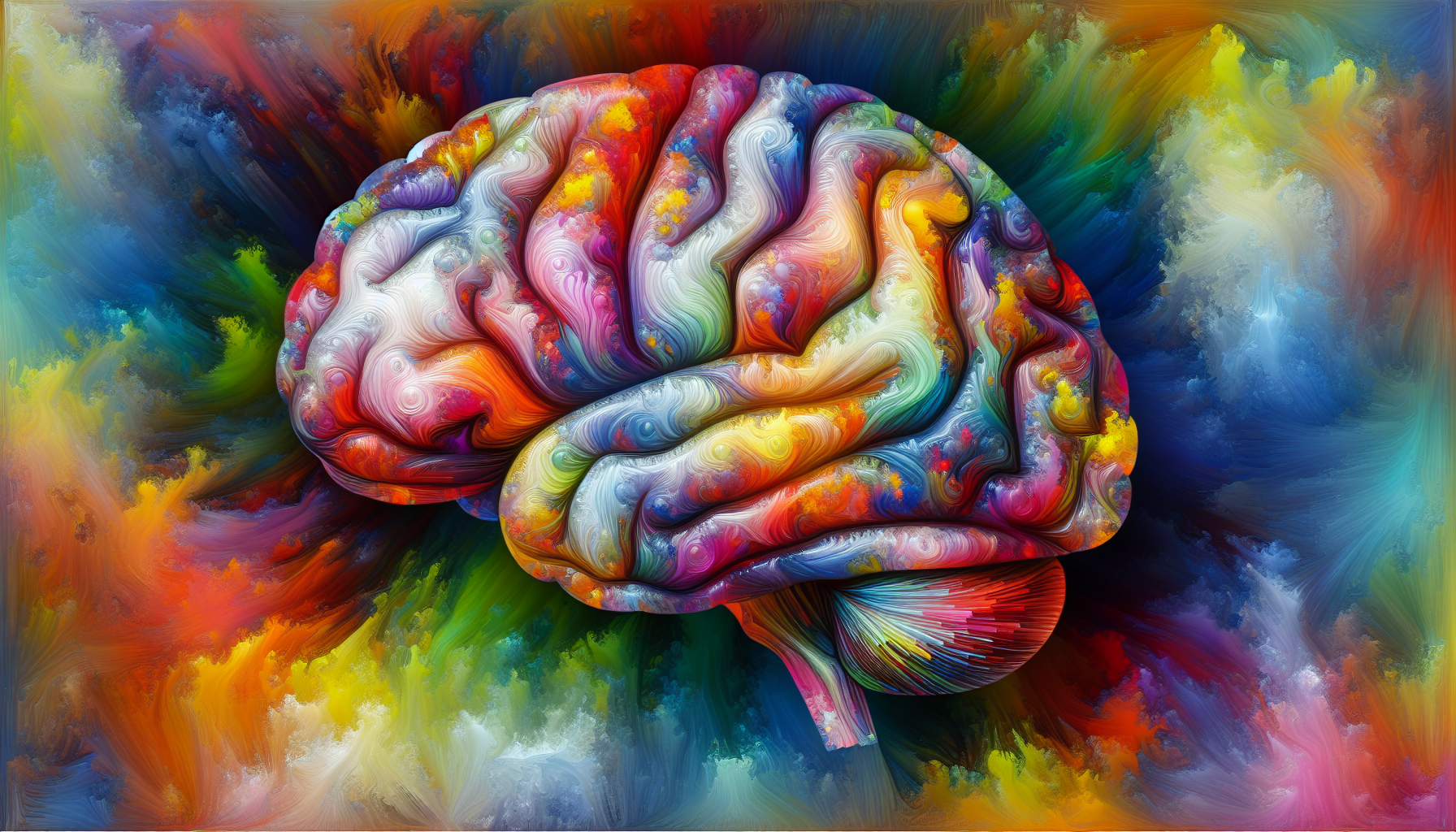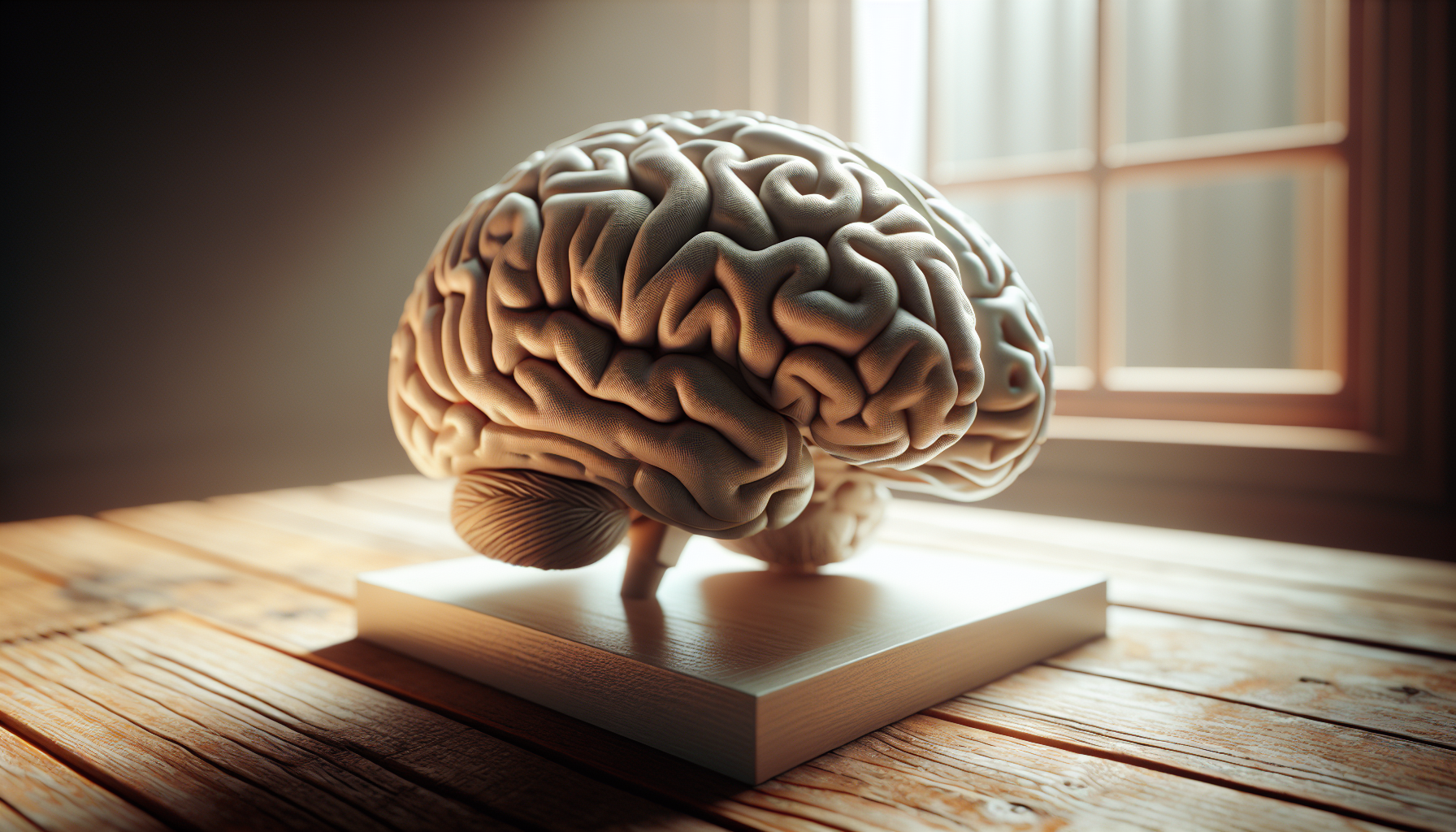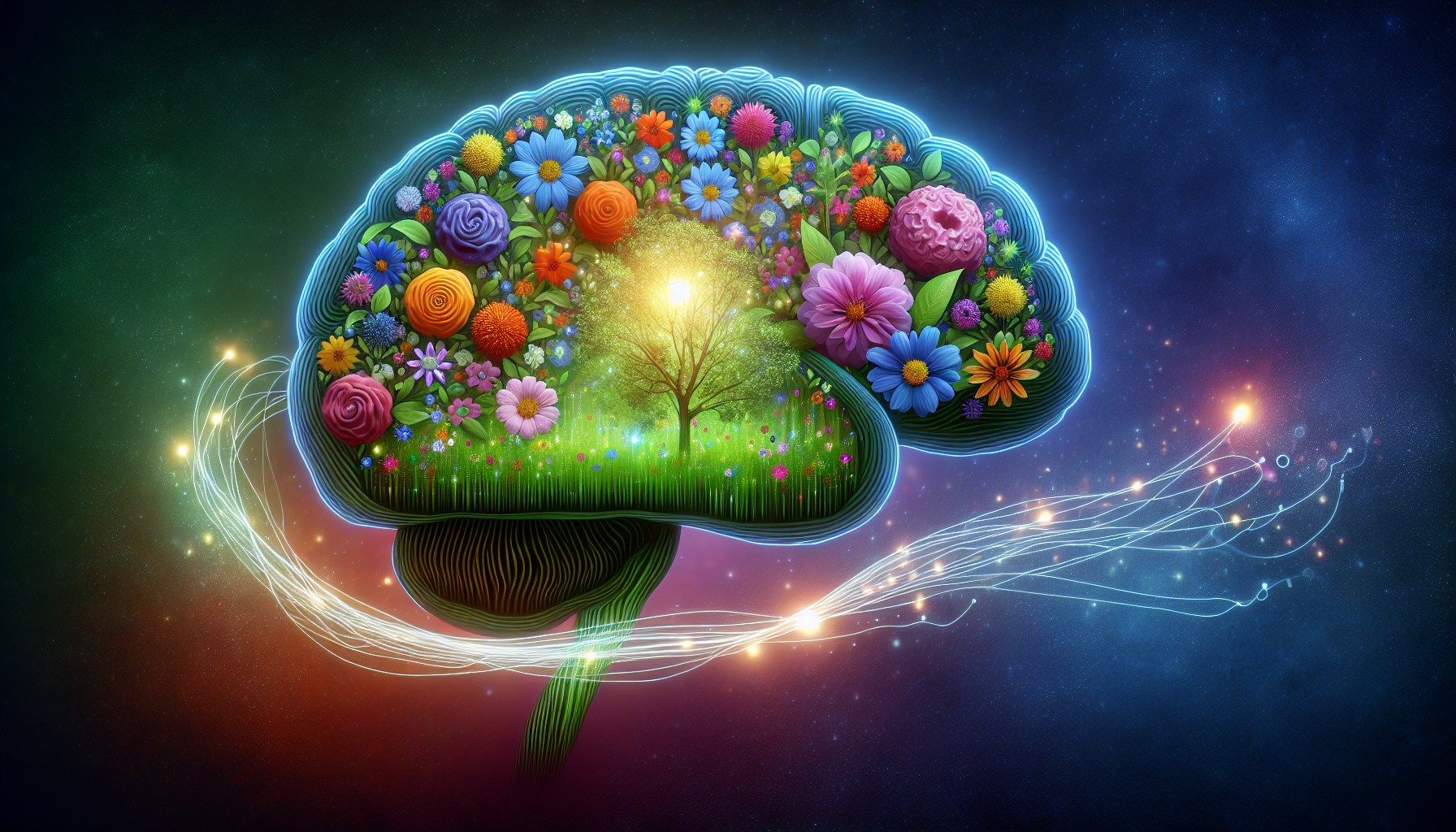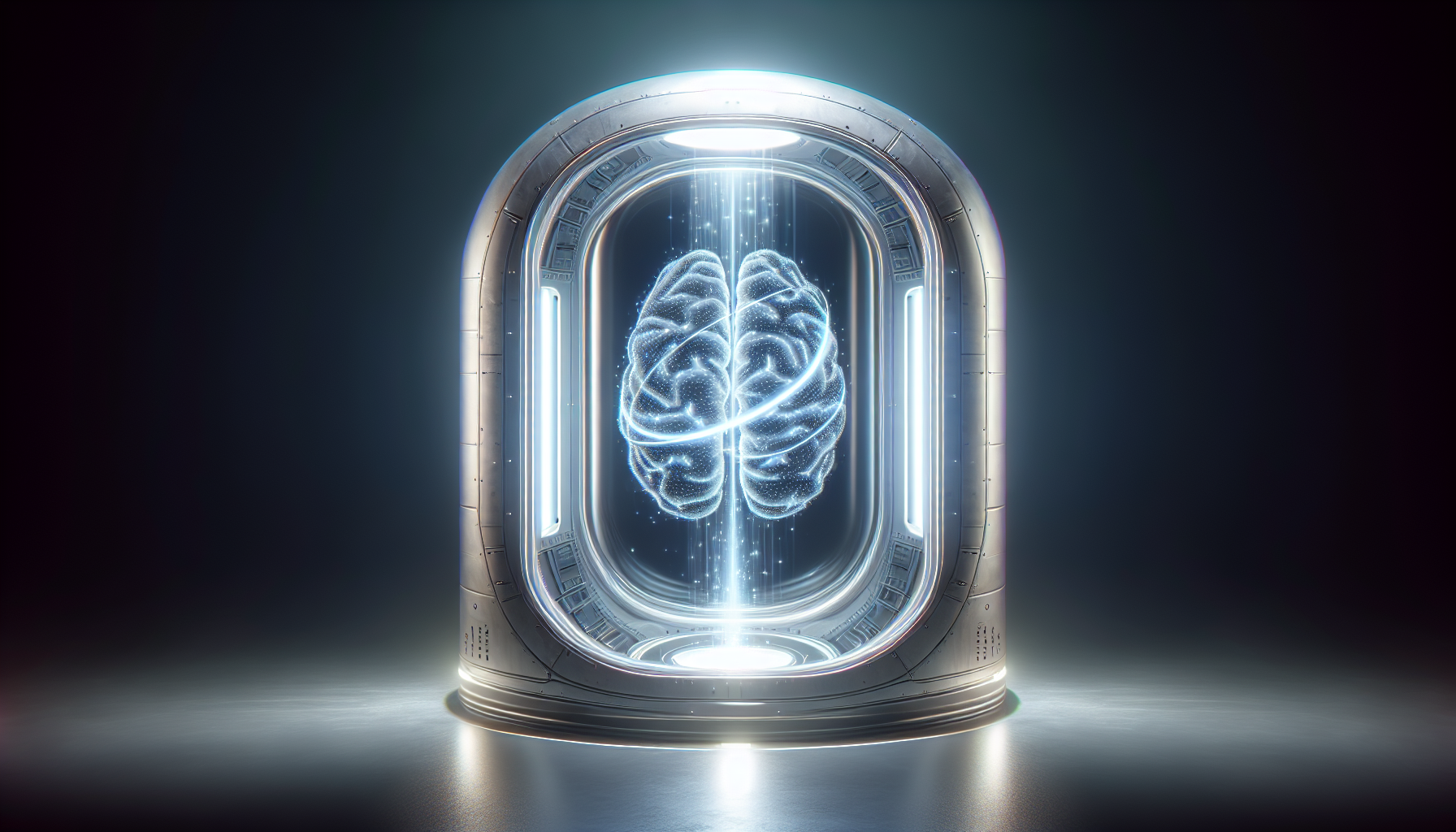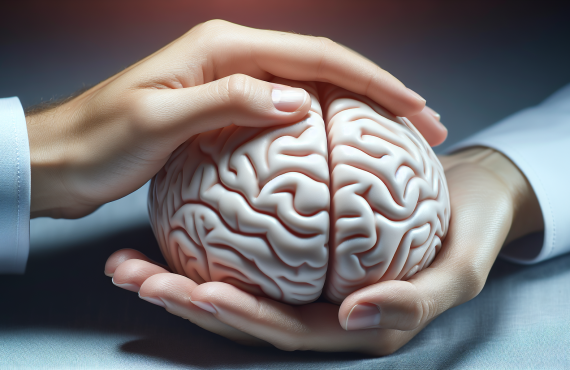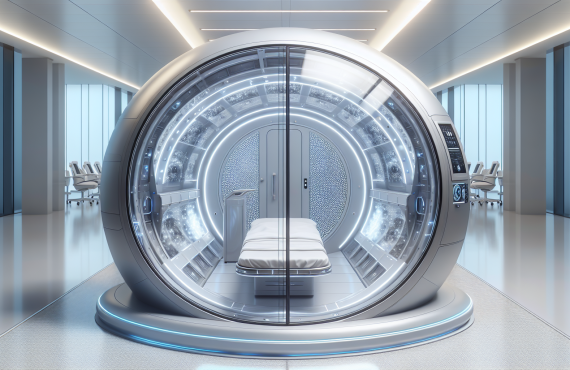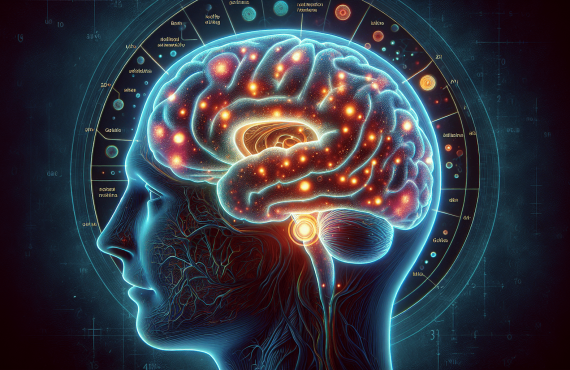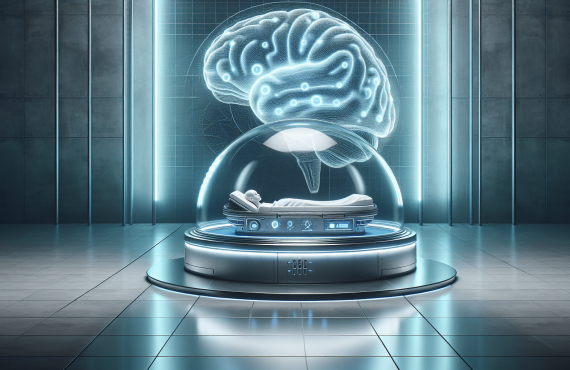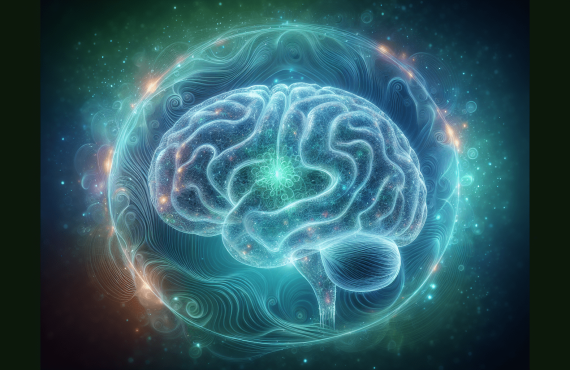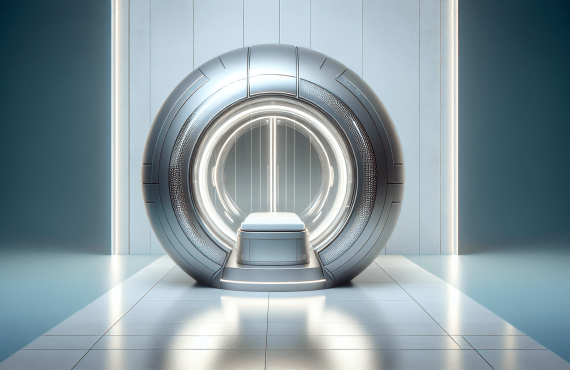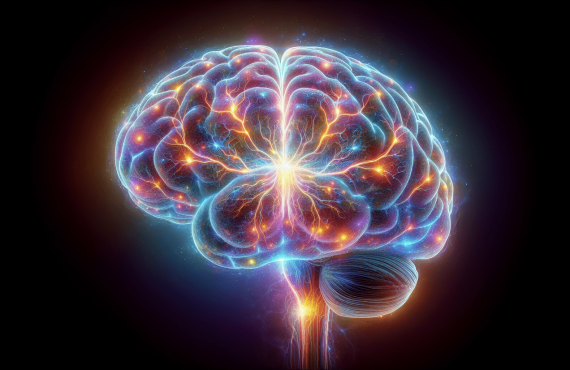Have you ever wondered how to assist someone grappling with short-term memory loss? When a loved one faces these challenges, it can be overwhelming not just for them, but for you as well. The journey together becomes not just about understanding the condition but also about finding ways to support and enrich daily life. Let’s explore how you can play a supportive role in their life, easing the difficulties associated with memory loss.
Table of Contents
Understanding Short-term Memory Loss
Short-term memory loss affects a person’s ability to remember information over a short period. It can stem from various causes, such as head injury, stroke, or conditions like dementia. Understanding the basics helps you offer the right kind of support.
Causes and Symptoms
Short-term memory loss can occur due to a variety of reasons. It could be the result of aging, neurological conditions, psychological issues, or physical trauma. Recognizing symptoms like forgetting recent events, asking the same questions repeatedly, or being unable to follow conversations can prompt you to seek medical advice for your loved one.
The Challenges Involved
Memory loss doesn’t just affect the individual; it impacts everyone around them. As a helper, you might face emotional and practical challenges in your quest to support. You may need to adjust your communication, be patient, and find creative solutions to everyday issues.
Practical Strategies for Support
Helping someone with memory loss requires empathy and practicality. Here are some strategies to ease daily life and enhance their well-being.
Establishing Routines
Creating a structured routine can significantly benefit someone with memory loss. Consistency reduces confusion and helps them feel more secure. Try to keep daily activities like meal times and bedtimes consistent. A routine offers predictability in an otherwise unpredictable world.
Using Memory Aids
Memory aids can serve as valuable tools. Consider using calendars, alarms, and reminder notes. These aids can help jog memory and provide a sense of independence. Encourage the use of journals to record daily events or thoughts, which can be beneficial for recalling information later.
Encouraging Social Interaction
Social interactions are crucial for mental health. Encourage your loved one to engage with friends or family regularly. Activities like playing games, having conversations, or joining a community group can help stimulate their memory and maintain emotional connections.
Creating a Safe Environment
Safety is paramount for someone with memory loss. Make their environment safe and accessible. Labeling drawers and rooms, using non-slip mats, and removing potential hazards can prevent accidents. A secure environment allows them to move around confidently.

Communication Tips
Communication can be a hurdle, but understanding and adjusting your approach can make it much easier.
Using Clear and Simple Language
When speaking, clarity is crucial. Use simple words and short sentences. Avoid complicated instructions and give one directive at a time. Being patient and allowing extra time for responses can put both you and your loved one at ease.
Active Listening
Listening is just as important. Show understanding and patience when they express themselves. Encourage them to share their thoughts and feelings without interruption. Active listening fosters mutual respect and understanding.
Avoiding Frustration
It’s natural to feel frustrated at times. Try to maintain a calm demeanor, even if conversations become repetitive. Remember, your patience and understanding can have a profound impact on their comfort and well-being.
Encouraging Independence
While your support is crucial, promoting independence is equally important for their self-esteem.
Enable Decision-Making
Involve them in decision-making processes where possible. This involvement could range from small choices about daily activities to significant decisions regarding health or personal affairs. It empowers them and boosts confidence.
Adaptive Tools and Technologies
There are numerous tools designed to aid those with memory challenges. Consider using apps designed for reminders or virtual assistants that help manage schedules. These technologies can enhance their independence significantly.
Hobby Inspiration
Encourage the pursuit of hobbies and interests. Whether it’s gardening, painting, or knitting, engaging in meaningful activities can enhance their mood and cognitive function. Hobbies also offer a sense of accomplishment and purpose.

Professional Help and Resources
There may come a time when professional help becomes necessary. Navigating these resources can improve the quality of life for both of you.
Seeking Medical Advice
When you notice memory issues, consulting a medical professional should be a priority. A healthcare provider can offer a detailed assessment and suggest treatments or therapies that might help.
Therapeutic Options
Various therapies like cognitive therapy or occupational therapy can offer benefits. Exploring these with a professional’s guidance can be wonderfully supportive for someone with memory issues.
Support Groups
Connecting with support groups provides access to a network of people who understand your struggles. Sharing experiences with others in similar situations can offer comfort and new strategies.
Hyperbaric Therapy
While searching for ways to help, you might come across treatments like Hyperbaric Therapy. It’s a fascinating approach that sometimes aids those with certain kinds of memory difficulties.
Introduction to Hyperbaric Therapy
Hyperbaric Therapy or Hyperbaric Oxygen Therapy (HBOT) involves breathing pure oxygen in a pressurized environment. It’s believed to help with conditions related to blood and oxygen supply in the body.
How Hyperbaric Therapy Works
In a hyperbaric chamber, the increased oxygen levels enhance the body’s natural healing processes. This might be helpful for repairing tissues, reducing inflammation, and promoting overall brain health.
Potential Benefits
While not typically the first line of treatment for memory loss, hyperbaric therapy has potential benefits for brain health and function. Always consult with a healthcare professional before considering this option.
Henry Chiropractic and Care Services
Local Expertise
In Pensacola, Henry Chiropractic provides valuable health resources. Dr. Craig Henry and Dr. Aaron Hixon lead their team with a blend of expertise and dedication to patients’ health and wellness.
Visiting such facilities can offer more than just chiropractic care; you gain insights and resources about allied treatments and community support systems beneficial for managing memory issues.
Connecting with Professionals
Dr. Craig Henry and Dr. Aaron Hixon are available for consultations. Whether it’s back pain relief or a general health inquiry, they’re here to help you navigate your health journey effectively.
You can contact Henry Chiropractic at:
Henry Chiropractic
1823 N 9th Ave
Pensacola, FL 32503
(850) 435-7777
Visit the Website
FAQs on Short-term Memory Loss
Can short-term memory loss improve over time?
Yes, in some cases, short-term memory loss can improve, particularly if it’s related to a reversible condition like medication side effects, stress, or infection.
What are simple activities to help engage someone with memory loss?
Simple activities like puzzles, reading, or listening to music can engage the mind and potentially improve memory functions.
Should I be concerned about short-term memory loss in young adults?
While more common in older adults, short-term memory loss in young adults signals the need for medical evaluation, as it could indicate underlying issues like stress or head injuries.
How does diet affect memory?
A balanced diet contributes to overall brain health. Diets rich in omega-3 fatty acids, antioxidants, and certain vitamins (like B vitamins) are thought to support memory function.
Is memory loss a normal part of aging?
While some forgetfulness is normal with aging, significant memory loss is not. It’s important to distinguish between natural aging and symptoms that might indicate a medical condition.
Your support can mean the world to someone experiencing short-term memory loss. By implementing these strategies, you’re not just helping them adapt but enhancing their quality of life. You and your loved one can traverse this path together, filled with empathy and understanding.







